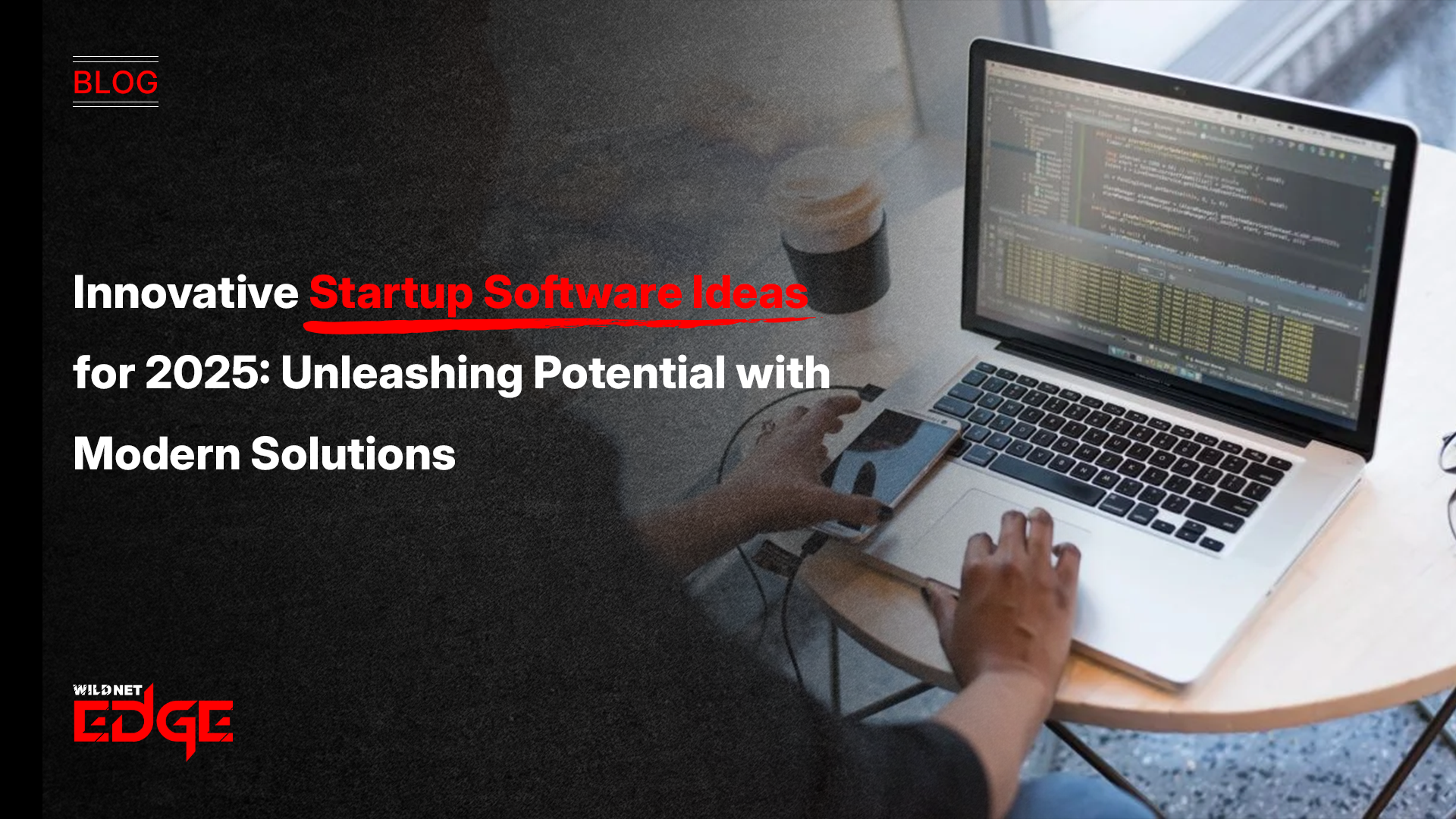The Rise of AI-Powered Business Software Solutions
In 2026, artificial intelligence (AI) dominates the realm of business software solutions. From automating mundane tasks to providing deep analytical insights, AI technology is transforming how startups operate. The following are some key areas where AI is making a significant impact.
AI-Driven Customer Support
Implementing AI-powered chatbots and virtual assistants can streamline customer interactions. These tools are not just about answering queries but also learning from interactions to improve over time. For instance, platforms like Zendesk and Intercom have integrated AI to personalize customer support, reducing response time and enhancing satisfaction.
Predictive Analytics for Business Growth
Predictive analytics enables startups to anticipate market trends and customer needs, fostering proactive decision-making. Tools such as IBM Watson and Google Cloud AI are accessible for startups to analyze data patterns and make informed choices. By understanding these analytics, startups can tailor their offerings more precisely and capture market demand efficiently.
Innovative App Ideas That Stand Out
The app market continues to grow exponentially, opening doors for innovative app ideas that cater to niche audiences. In 2026, successful app ideas are those that integrate modern technology trends for startups and solve real-world problems.
Health and Wellness Apps with Personalized Experiences
The health tech industry is booming with apps leveraging wearable technology and AI to offer personalized health experiences. Consider a health app that not only tracks fitness metrics but also predicts health issues based on user data. By using AI-driven insights, apps can provide personalized recommendations, making health management accessible and effective.
Eco-Friendly Apps for Sustainability
With increasing awareness about environmental conservation, eco-friendly apps are gaining traction. Startups can develop apps that help users monitor their carbon footprint, promote sustainable practices, or facilitate recycling efforts. These innovative app ideas align with global sustainability goals and resonate well with environmentally-conscious users.
Effective Startup Funding Strategies in 2026
Securing funding in 2026 requires strategic thinking and leveraging digital platforms effectively. Here are some modern startup funding strategies that are proving successful.
Crowdfunding and Community Engagement
Crowdfunding platforms like Kickstarter and Indiegogo remain popular, but with a twist—community engagement is now central. Startups are building loyal communities around their projects, providing backers with exclusive content and rewards. This approach not only raises funds but also creates a strong customer base eager to support the launch.
Venture Capital with a Technological Edge
Venture capital firms are increasingly interested in startups that utilize cutting-edge technology. Demonstrating a clear roadmap for integrating technologies like AI, blockchain, or IoT can attract investors. Moreover, highlighting a robust SaaS business model that promises recurring revenue is appealing to investors seeking sustainable growth.
Leveraging SaaS Business Models for Recurring Revenue
Software as a Service (SaaS) remains a formidable business model in 2026, offering startups a path to steady income streams. Here are strategies to optimize SaaS business models for success.
Subscription-Based Services for Consistent Revenue
Offering subscription-based services ensures a predictable revenue stream. By providing value through regular updates, personalized features, or exclusive content, startups can keep customers engaged and reduce churn rates. Companies like Adobe and Microsoft have perfected this model, continually innovating to retain subscribers.
Freemium Models to Expand User Base
The freemium model—offering basic services for free while charging for advanced features—remains popular. This strategy allows startups to build a substantial user base while converting a percentage of free users into paying customers. It’s a model that Dropbox and Spotify have successfully utilized to scale their offerings.
Harnessing Technology Trends for Startups in 2026
Staying abreast of technology trends for startups is crucial in maintaining a competitive edge. Here are some key trends shaping the startup landscape in 2026.
Edge Computing for Enhanced Performance
With the exponential growth of IoT devices, edge computing has become essential. By processing data closer to the source, startups can reduce latency and improve application performance. This technology is particularly beneficial for real-time applications in sectors like healthcare and autonomous vehicles.
Blockchain for Decentralized Solutions
Blockchain technology provides opportunities for creating secure and transparent systems. Startups are leveraging blockchain to build decentralized applications (dApps) that offer enhanced security and user autonomy. This trend is particularly relevant in finance, supply chain management, and digital identity verification.
Conclusion: Empower Your Startup with WildnetEdge
Exploring these startup software ideas and aligning them with the latest technological advancements can set your startup on the path to success. The key is to focus on creating value, leveraging AI and SaaS business models, and staying informed about technology trends. As you navigate this journey, consider partnering with established leaders like WildnetEdge, who provide cutting-edge business software solutions and expert guidance to help your startup thrive in 2026.
FAQ
1. What are the top startup software ideas for 2026?
- AI-powered business solutions, innovative health and wellness apps, eco-friendly sustainability apps, and blockchain-based systems.
2. How can startups secure funding in 2026?
- Engage in crowdfunding campaigns with community involvement and attract venture capital by integrating advanced technology.
3. What technology trends should startups watch in 2026?
Edge computing for performance optimization, blockchain for decentralization, and predictive analytics for strategic growth.

Nitin Agarwal is a veteran in custom software development. He is fascinated by how software can turn ideas into real-world solutions. With extensive experience designing scalable and efficient systems, he focuses on creating software that delivers tangible results. Nitin enjoys exploring emerging technologies, taking on challenging projects, and mentoring teams to bring ideas to life. He believes that good software is not just about code; it’s about understanding problems and creating value for users. For him, great software combines thoughtful design, clever engineering, and a clear understanding of the problems it’s meant to solve.
 sales@wildnetedge.com
sales@wildnetedge.com +1 (212) 901 8616
+1 (212) 901 8616 +1 (437) 225-7733
+1 (437) 225-7733















 ChatGPT Development & Enablement
ChatGPT Development & Enablement Hire AI & ChatGPT Experts
Hire AI & ChatGPT Experts ChatGPT Apps by Industry
ChatGPT Apps by Industry ChatGPT Blog
ChatGPT Blog ChatGPT Case study
ChatGPT Case study AI Development Services
AI Development Services Industry AI Solutions
Industry AI Solutions AI Consulting & Research
AI Consulting & Research Automation & Intelligence
Automation & Intelligence















